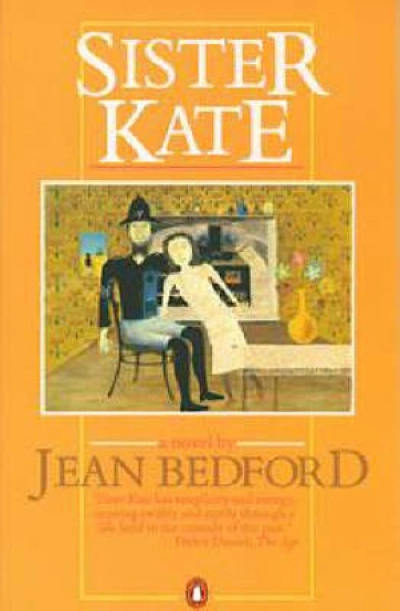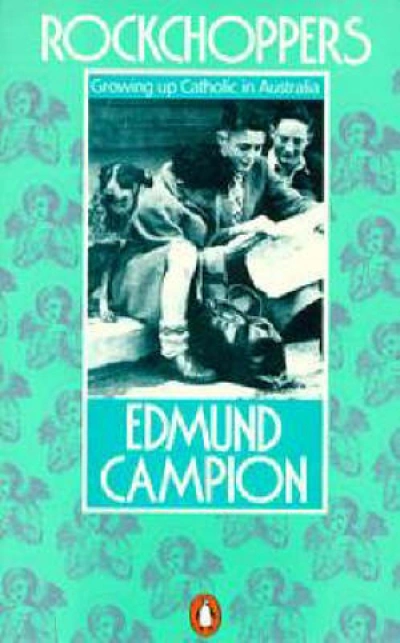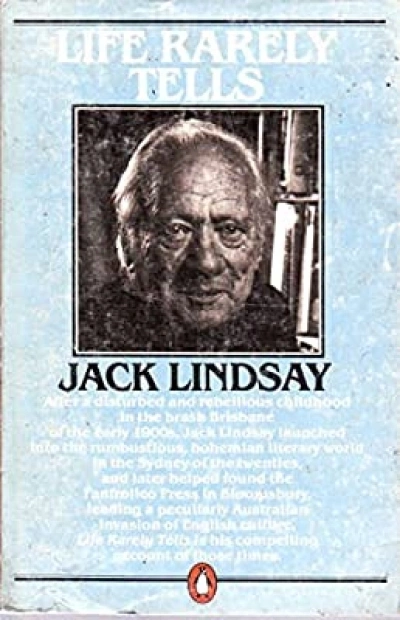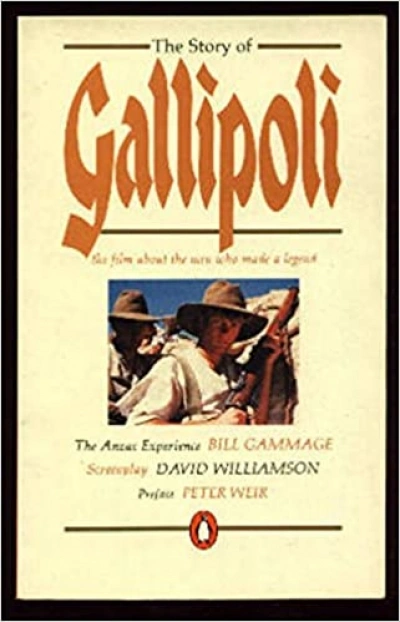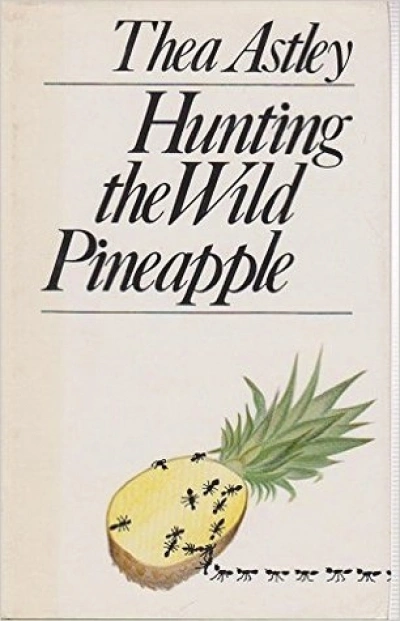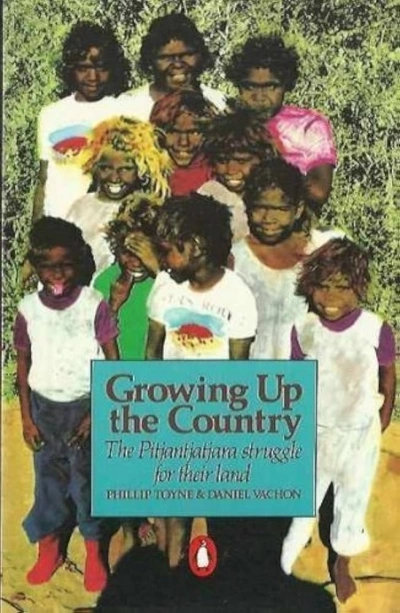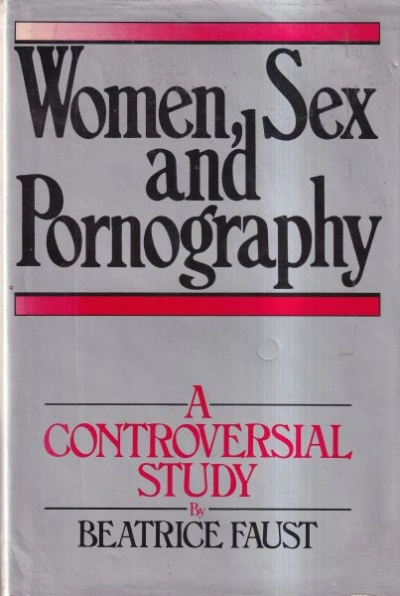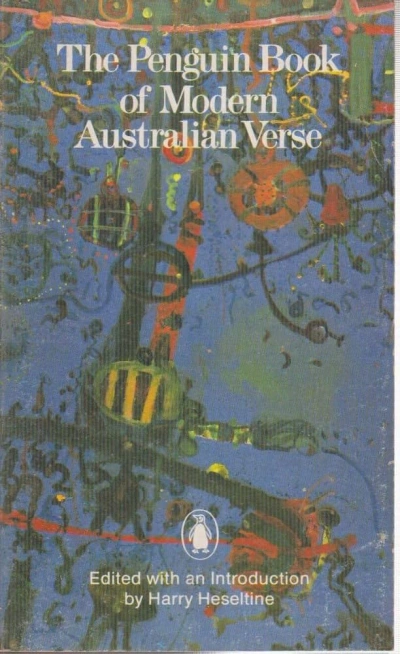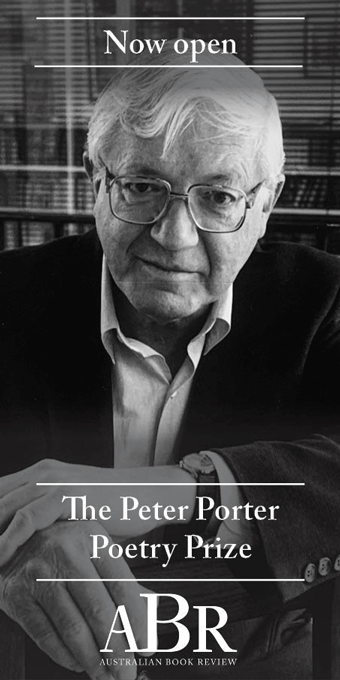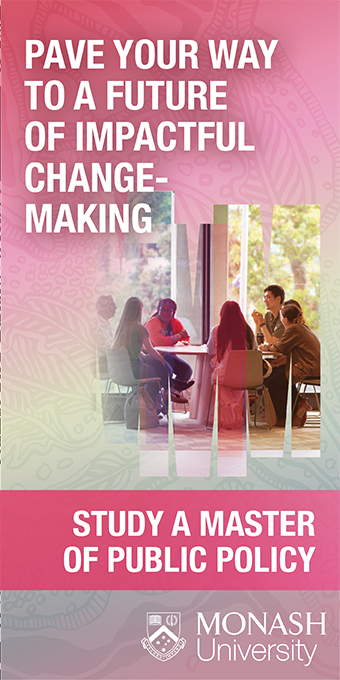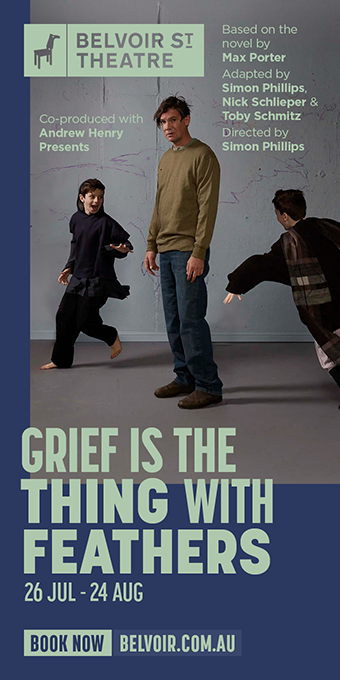Penguin
Rock Choppers: Growing up Catholic in Australia by Edmund Campion
by John McLaren •
The Story of Gallipoli by Bill Gammage, based on the screenplay by David Williamson
by Margaret Smith •
Power Conflict and Control in Australian Trade Unions edited by Kathryn Cole
by Leo Hawkins •
The Penguin Book of Modern Australian Verse edited by Harry Heseltine
by James Koehne •


